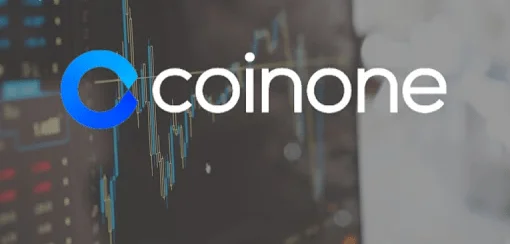In compliance with the FATF travel rule guidelines, Coinone stated it would stop accepting deposits from unverified wallets. Major South Korean exchanges are expected to follow suit considering the governments’ deadline slated for March 2022.

Yesterday, Coinone said that it would stop accepting deposits from private wallets that haven’t been verified. This is to cut down on the risk of money laundering.
Before March 25, all of the Korean exchanges, like Upbit, Bithumb and Korbit, are supposed to do the same thing Coinone did. To meet a deadline, the Korean government has said that exchanges must be able to accurately track coins that move on and off their platforms.
“Korean exchanges are coming up with their own Travel Rule solutions in order to meet the new rules after March,” says Jun Hyuk Ahn, a Korean blockchain industry analyst.
“All the Korean exchanges are going to have to use some travel rule system by March because that’s when the government has set a deadline for them. Coinone just did it first.”
The rule for exchanges will also help the country in the far east meet the rules of the Financial Action Task Force (FATF).
Sygna, an anti-money laundering compliance service, says that the travel rule says that governments must make sure that “domestic exchanges share real-identity information with transmitting counterparties or face increased AML/CFT monitoring.”
Regulations and rules for exchanges
These rules for exchanges are part of a long line of rules for crypto exchanges that started with the requirement that all users have a real-name bank account. Before that rule was put in place in 2018, crypto exchange accounts could be linked to a bank account owned by more than one person.
By September 2021, all exchanges had to have Internet Security Management System (ISMS) verification and a single domestic bank partner that would give real-name accounts to people who used them. All exchanges that didn’t meet the rules had to stop trading KRW pairs or stop their service entirely.
Global FATF compliance issues have been a problem for the country as well. Non-fungible tokens (NFT) have also been a problem.
Financial regulators kept changing their policies on NFTs until the Financial Services Commission said on Nov. 24 that it would look into how to regulate and tax NFTs.
Globally, South Korea’s stock exchanges are the exceptions when it comes to following the rule. So far, there aren’t any big crypto spot exchanges that require users to show their private wallets to make sure they are who they say they are.
